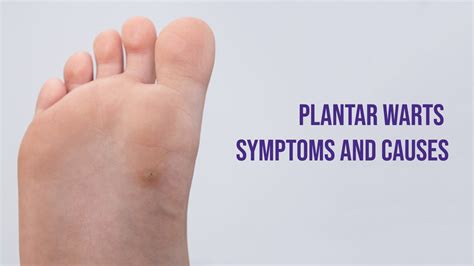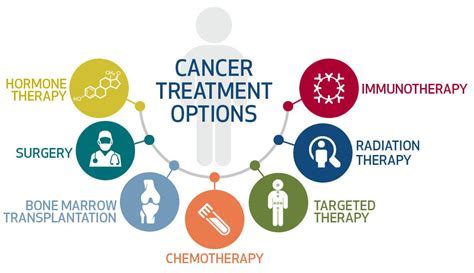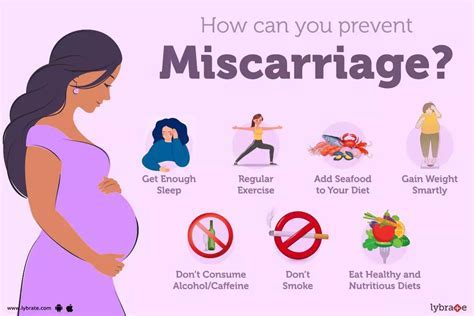Intro
Discover 5 effective ways to treat plantar warts, including home remedies, cryotherapy, and salicylic acid treatments, to relieve painful symptoms and promote healing for stubborn foot warts.
Plantar warts are a common and often frustrating issue for many individuals. These small, rough growths on the bottom of the foot can cause discomfort, pain, and embarrassment. Understanding the importance of treating plantar warts is crucial, as they can spread and lead to more severe problems if left untreated. In this article, we will delve into the world of plantar warts, exploring their causes, symptoms, and most importantly, effective treatment options.
Plantar warts are caused by the human papillomavirus (HPV), which enters the body through small cuts or cracks in the skin. They can be highly contagious, spreading through direct contact with an infected person or by touching contaminated surfaces. The symptoms of plantar warts can vary, but they often appear as small, hard bumps on the sole of the foot, sometimes with tiny black dots in the center. If you're experiencing pain or discomfort while walking or standing, it may be a sign that you have a plantar wart.
The good news is that there are several effective ways to treat plantar warts, ranging from home remedies to medical procedures. With the right approach, you can eliminate these unwanted growths and regain comfort and confidence in your feet. From over-the-counter treatments to professional medical care, we will explore the most popular and successful methods for treating plantar warts. Whether you're looking for a quick fix or a long-term solution, this article will provide you with the information and guidance you need to make an informed decision.
Understanding Plantar Warts

Causes and Risk Factors
Plantar warts are caused by the human papillomavirus (HPV), which is highly contagious. Certain individuals are more susceptible to developing plantar warts, including those with weakened immune systems, athletes, or people who walk barefoot in public areas. Understanding the causes and risk factors can help you take preventive measures and reduce your chances of developing plantar warts.Treatment Options for Plantar Warts

- Over-the-counter treatments: Salicylic acid, cryotherapy, and duct tape occlusion are common over-the-counter treatments for plantar warts.
- Prescription medications: Topical creams, ointments, and oral medications can be prescribed by a doctor to treat plantar warts.
- Laser therapy: Laser treatment can be used to remove plantar warts, especially those that are resistant to other treatments.
- Surgical removal: In severe cases, surgical removal may be necessary to eliminate the plantar wart.
Home Remedies for Plantar Warts
While medical treatments are often necessary, there are also several home remedies that can help alleviate symptoms and promote healing. Some popular home remedies for plantar warts include: * Applying tea tree oil or apple cider vinegar to the affected area * Soaking the foot in warm water and Epsom salt * Using a pumice stone to gently remove dead skin cells * Applying aloe vera or coconut oil to reduce inflammation and promote healingPrevention and Maintenance

Maintaining Foot Health
Maintaining good foot health is essential for preventing plantar warts and promoting overall well-being. Here are some tips for maintaining healthy feet: * Wash your feet daily, paying special attention to the areas between the toes * Dry your feet thoroughly, especially after bathing or swimming * Trim your toenails regularly, avoiding ingrown toenails * Wear shoes that fit properly, avoiding tight or constricting footwearConclusion and Next Steps

We hope this article has provided you with valuable insights and practical advice for treating plantar warts. If you have any further questions or would like to share your experiences, please don't hesitate to comment below. Your feedback is essential in helping us create informative and engaging content. Don't forget to share this article with friends and family who may be struggling with plantar warts, and help us spread the word about the importance of foot health.
What are the most common symptoms of plantar warts?
+The most common symptoms of plantar warts include small, hard bumps on the sole of the foot, pain or discomfort while walking or standing, and tiny black dots in the center of the wart.
Can plantar warts be prevented?
+Yes, plantar warts can be prevented by taking simple precautions, such as wearing shoes in public areas, keeping your feet clean and dry, and avoiding sharing personal care items.
What are the most effective treatment options for plantar warts?
+The most effective treatment options for plantar warts include over-the-counter treatments, prescription medications, laser therapy, and surgical removal. The best approach often involves a combination of treatments, tailored to the individual's specific needs and circumstances.
